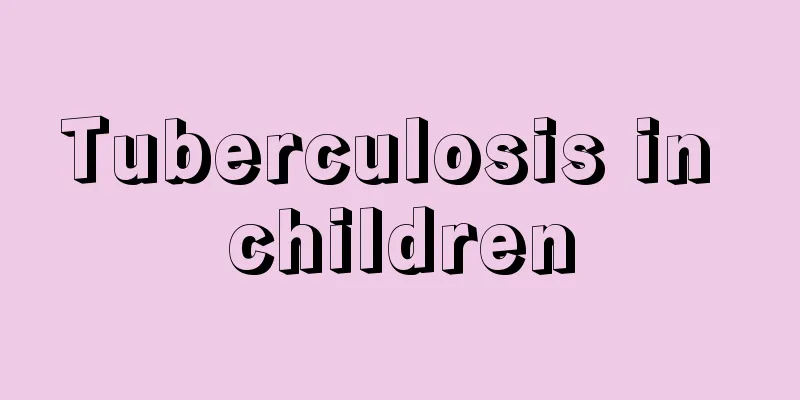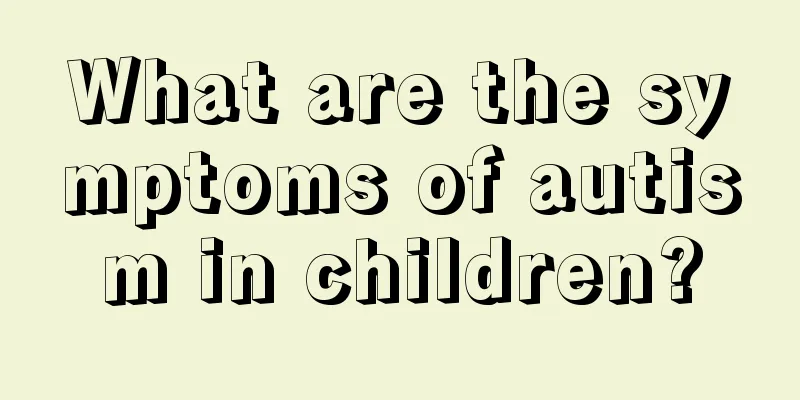What is the surgery to separate conjoined twins?

|
Conjoined twins refer to a pair of twin children who grow up together. Generally, surgery is required one year after the birth of conjoined twins. However, many people do not know what the conjoined twins will look like after the separation surgery and are very worried. What is the separation surgery for conjoined twins? Let’s take a closer look at it! I hope everyone can understand this in case of emergency. Conjoined twins are caused by incomplete early splitting of the fertilized egg. There are more females than males, with a ratio of 3:1. Normally, the fertilized egg splits into two 8 to 12 days after fertilization. If it splits between 13 and 15 days, conjoined twins will appear. Because it is so rare, the ratio is between 1 in 50,000 and 1 in 200,000. The specific reason is still unclear. We only know that it is more common in Latin Americans than in Europeans and Americans, and more common in South Asia and Africa than in other regions. There are no obvious symptoms to detect conjoined twins during pregnancy. The twins may grow too fast, and women are more likely to feel tired, nauseous, and vomit in the early stages of pregnancy. Conjoined twins can be detected by routine ultrasound during the first stage of labor. Conjoined twins are usually connected at the chest, pelvis, head and hips, and may share one or more internal organs. In rare cases, one may be larger than the other and develop unequally. Conjoined twins must be delivered by caesarean section. About 40% to 60% of conjoined twins are stillborn, the remaining 35% can only survive for one day, and only half can survive for the separation surgery. After discovering that she is pregnant with conjoined twins, the pregnant woman will receive special care and be prepared for a caesarean section in advance, which is usually performed 2 to 4 weeks before the due date. She will also have to be prepared for an emergency separation operation because if one of the twins dies during or after delivery or the survival of one of the twins is threatened, a separation operation must be performed immediately. Normally, the separation surgery for conjoined twins is performed within one year after birth. Whether the separation surgery can be performed depends on the following factors: whether the fetuses share organs that are vital to life, whether the health of the fetuses allows the separation surgery, the chances of success, what kind of reconstructive surgery will be required after the surgery, and what problems the fetus will face if the surgery is not performed. Conjoined twins are two or more fetuses that are not separated at birth. They usually appear in the fertilized egg of identical twins. If the fertilized egg does not split within 12 days, then conjoined twins may occur. The probability of this happening is generally one in 20,000, so the chance is relatively high, so you must pay attention. |
<<: Some reasons why babies keep hiccuping
>>: Reasons for red anus in babies
Recommend
Symptoms of intracranial hemorrhage in children
Many newborns will suffer from intracranial hemor...
What causes excessive sweating in children?
Children always sweat a lot, which makes many par...
Will babies be zinc deficient?
We often find that babies have poor appetite, sle...
At what day can a newborn baby be bathed?
Generally speaking, if the baby is born full-term...
At what age is it normal to replace teeth?
Recently, many children have been eating a lot of...
What fruit is good for children with phlegm?
Parents are most worried about their children cat...
How to regulate dampness and heat in the baby's body
We all know that with the arrival of spring, the ...
Why does the baby's leg bones make noises when he exerts force?
The health of the baby will make parents very wor...
What are the symptoms of Qi deficiency in children?
Children's immune system is not as strong as ...
What to do if your baby always has nosebleeds
Nosebleed is something that can easily make peopl...
Is it normal for a baby to have only one tooth?
Therefore, the physical characteristics shown at ...
What to do if your seven-year-old child has trouble sleeping
My child is seven years old this year. His sleep ...
What are the signs that a baby is frightened?
Because the baby's body systems are not fully...
What to do if your one-year-old baby has protruding ribs
Some babies will have some symptoms when they are...
Does drinking hot milk nourish the stomach?
Drinking milk for breakfast is a common phenomeno...









